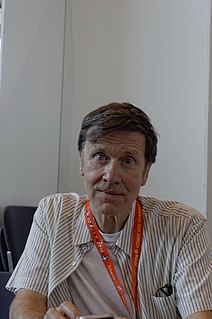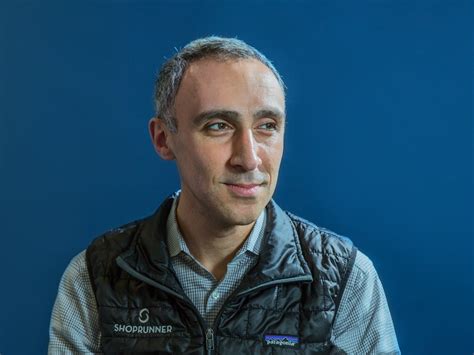A Quote by Peter Thiel
Whenever I talk to people who founded a company, I often like to ask the prehistory questions 'When did you meet? How long have you been working before you started the company?' A bad answer is, 'We met at a networking event a week ago, and we started a company because we both want to be entrepreneurs.'
Related Quotes
I ended up meeting this guy Stefan Simchowitz, who produced Requiem for a Dream and also went to AFI. I randomly met him in Cannes. By September of 2000, we had made a deal with this company that he was working with. They merged with us and in January of 2001, we opened WireImage. It was pretty crazy because I only started shooting celebrity stuff in 1998 - literally two and a half years later, I'm opening this company.


































